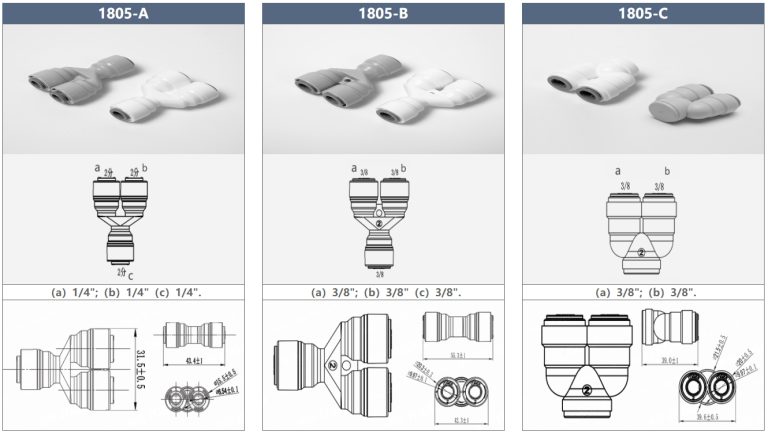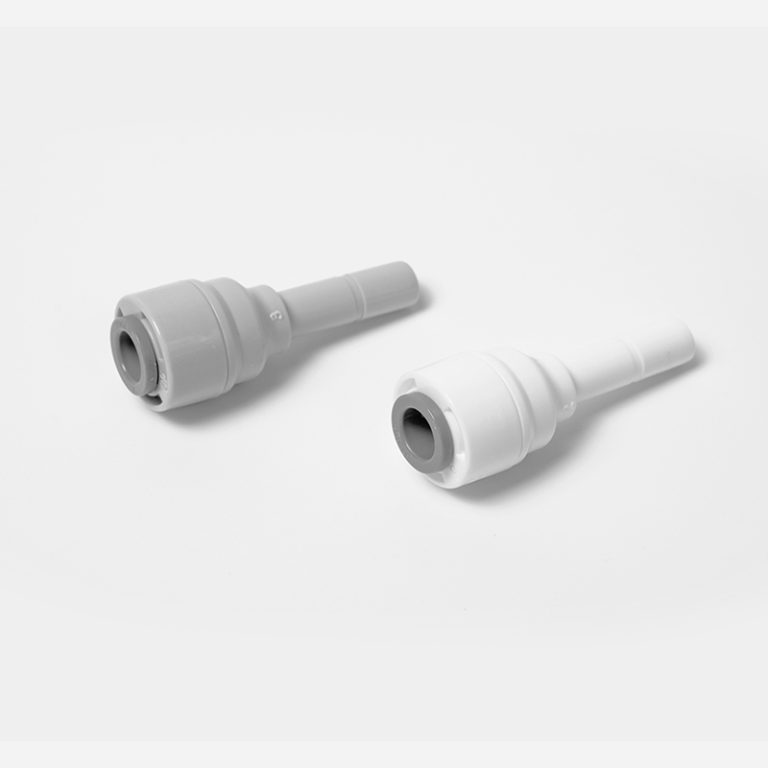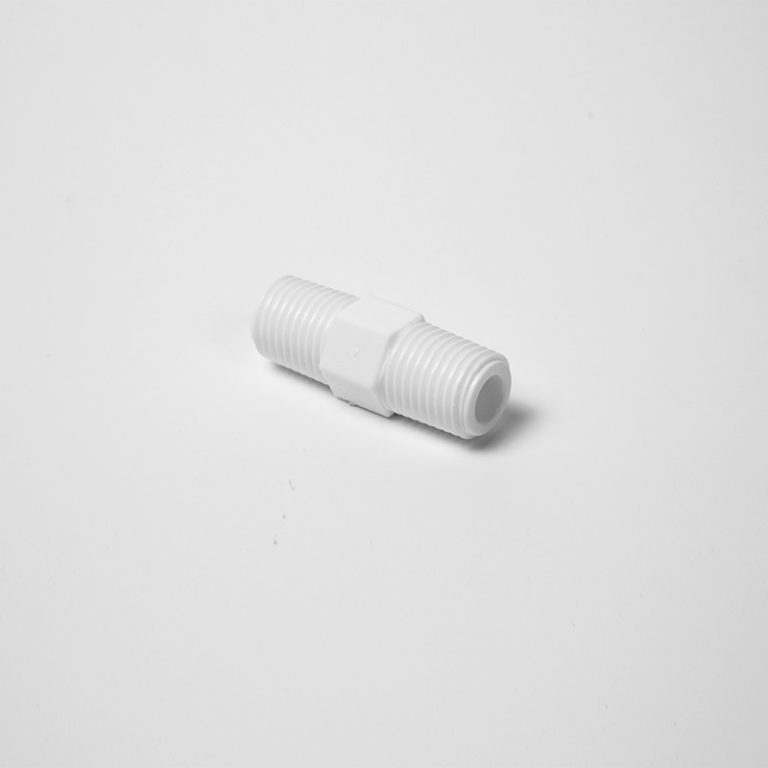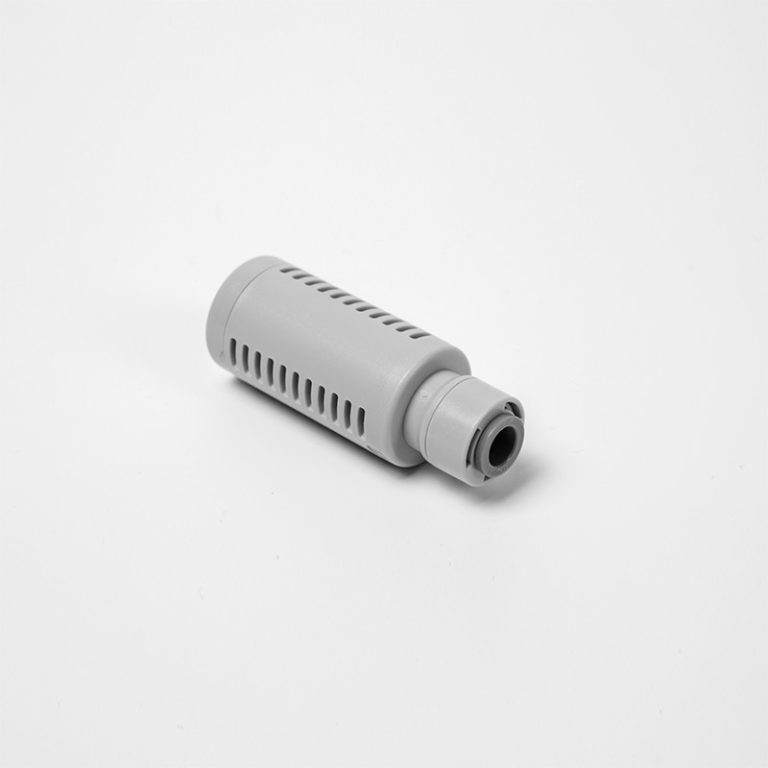“PVC conduit: the durable solution for all your electrical needs.”
Table of Contents
Differences Between PVC Conduit and PVC Pipe
PVC (polyvinyl chloride) is a versatile material that is commonly used in construction for various applications, including electrical wiring and plumbing. When it comes to electrical installations, PVC conduit and PVC pipe are two commonly used products that are often confused with each other. While they may look similar, there are key differences between PVC conduit and PVC pipe that make them suitable for different purposes.
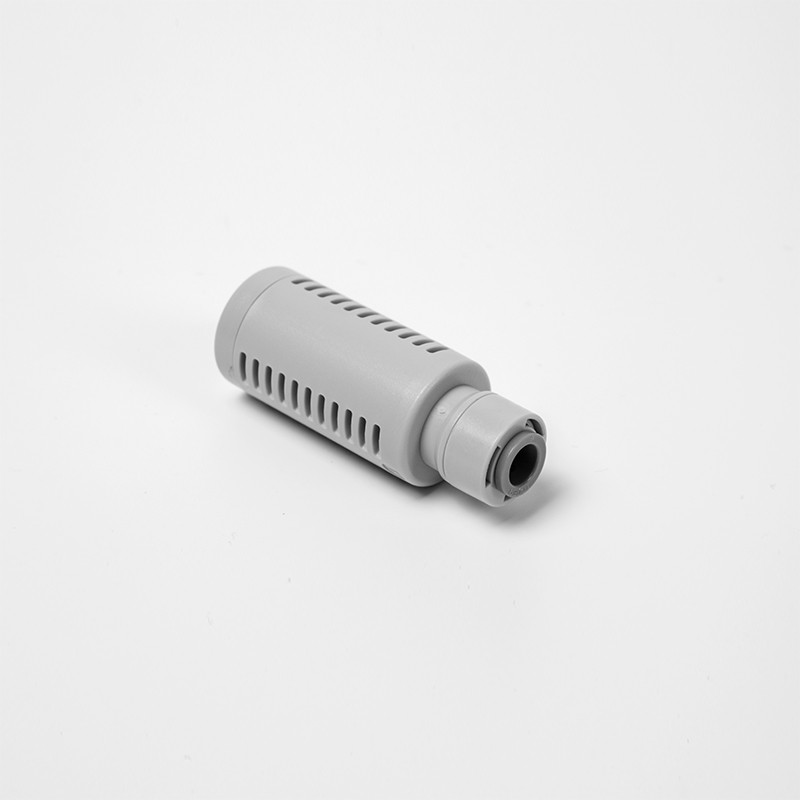
PVC conduit is specifically designed for protecting and routing electrical wiring in buildings. It is typically used in exposed or concealed installations, both indoors and outdoors. PVC conduit is available in various sizes and types, including rigid PVC conduit, flexible PVC conduit, and PVC-coated conduit. Rigid PVC conduit is the most common type and is used for above-ground installations, while flexible PVC conduit is used for areas where bending is required, such as in tight spaces or around corners.
| Model | Tube(a) | Stem(b) |
|---|---|---|
| 1801-A | 1/4 | 1/4 |
| 1801-C | 1/4 | 3/32 |
On the other hand, PVC pipe is primarily used for plumbing applications, such as carrying water or sewage. PVC pipe is available in different schedules, which indicate the thickness of the pipe walls and the pressure rating. Schedule 40 PVC pipe is the most common type and is suitable for most residential plumbing applications, while Schedule 80 PVC pipe is thicker and has a higher pressure rating, making it ideal for commercial or industrial plumbing systems.
One of the main differences between PVC conduit and PVC pipe is their intended use. PVC conduit is designed to protect electrical wiring from damage and provide a safe pathway for the wires to run through, while PVC pipe is designed to carry fluids, such as water or sewage, from one point to another. This difference in purpose is reflected in the design and construction of the two products.
Another key difference between PVC conduit and PVC pipe is their flexibility. PVC conduit is available in both rigid and flexible forms, with the flexible conduit being able to bend and twist to accommodate changes in direction. This flexibility is essential for routing electrical wiring through tight spaces or around obstacles. In contrast, PVC pipe is typically rigid and does not have the same flexibility as PVC conduit, making it more suitable for straight runs of piping.
In terms of installation, PVC conduit and PVC pipe also have different requirements. PVC conduit is typically installed using fittings and connectors that are specifically designed for electrical applications, such as conduit bodies, elbows, and couplings. These fittings ensure a secure and watertight connection between sections of conduit. PVC pipe, on the other hand, is installed using solvent cement or threaded fittings, depending on the type of pipe and the application.
In conclusion, while PVC conduit and PVC pipe may look similar, they serve different purposes and have distinct characteristics that make them suitable for specific applications. PVC conduit is designed for protecting and routing electrical wiring, while PVC pipe is used for plumbing applications. Understanding the differences between PVC conduit and PVC pipe is essential for choosing the right product for your construction project and ensuring the safety and efficiency of your electrical or plumbing system.
Uses and Applications of PVC Conduit vs. PVC Pipe
PVC (polyvinyl chloride) is a versatile material that is commonly used in construction and plumbing applications. PVC conduit and PVC pipe are two common products made from PVC, but they serve different purposes and have distinct characteristics. While they may look similar, it is important to understand the differences between PVC conduit and PVC pipe to ensure that you are using the right product for your specific needs.
PVC conduit is typically used for protecting electrical wires and cables in residential, commercial, and industrial settings. It is designed to provide a protective housing for electrical wiring, helping to prevent damage and ensure the safety of the electrical system. PVC conduit is available in a variety of sizes and can be easily cut and installed to fit the specific requirements of a project.
On the other hand, PVC pipe is primarily used for conveying fluids such as water, sewage, and chemicals. PVC pipe is commonly used in plumbing systems, irrigation systems, and drainage systems. It is designed to withstand the pressure of flowing fluids and is available in a range of sizes and thicknesses to accommodate different applications.
One of the key differences between PVC conduit and PVC pipe is their wall thickness. PVC conduit typically has a thicker wall compared to PVC pipe, which makes it more rigid and durable. This extra thickness helps to protect the electrical wiring inside the conduit from damage and ensures that the conduit can withstand the rigors of installation and use.
Another important difference between PVC conduit and PVC pipe is their color. PVC conduit is typically gray in color, while PVC pipe is commonly white. This color difference helps to distinguish between the two products and ensures that they are used for their intended purposes. Additionally, PVC conduit may have markings or labels indicating that it is specifically designed for electrical applications.
In terms of installation, PVC conduit and PVC pipe are both relatively easy to work with. They can be cut to size using a saw or pipe cutter and joined together using PVC cement or fittings. However, it is important to follow the manufacturer’s instructions and industry standards when installing PVC conduit or PVC pipe to ensure a safe and reliable installation.
When it comes to cost, PVC conduit and PVC pipe are generally affordable options for construction and plumbing projects. The cost of PVC conduit and PVC pipe will vary depending on the size, thickness, and quality of the product. It is important to compare prices from different suppliers to find the best value for your specific needs.
In conclusion, while PVC conduit and PVC pipe may look similar, they serve different purposes and have distinct characteristics. PVC conduit is designed for protecting electrical wiring, while PVC pipe is used for conveying fluids. Understanding the differences between PVC conduit and PVC pipe is essential for choosing the right product for your specific application. Whether you are working on an electrical project or a plumbing project, PVC conduit and PVC pipe are versatile and reliable options that can help you get the job done efficiently and effectively.

